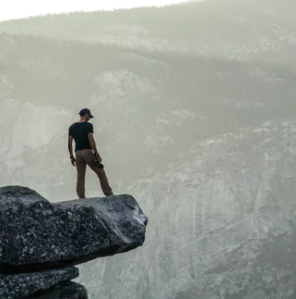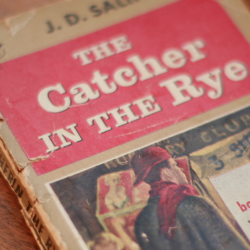Would You Live Your Same Life Over Again?
Among other things, the German philosopher Friedrich Wilhelm Nietzsche was known for an outrageous mustache that frightened away potential soulmates. He also said a lot of outrageous things, which caused him to be shunned by much of society at the time.
One of those things was a simple, provocative question: “What if I had to live this life over again—would I be able to stand it?”
Read More













